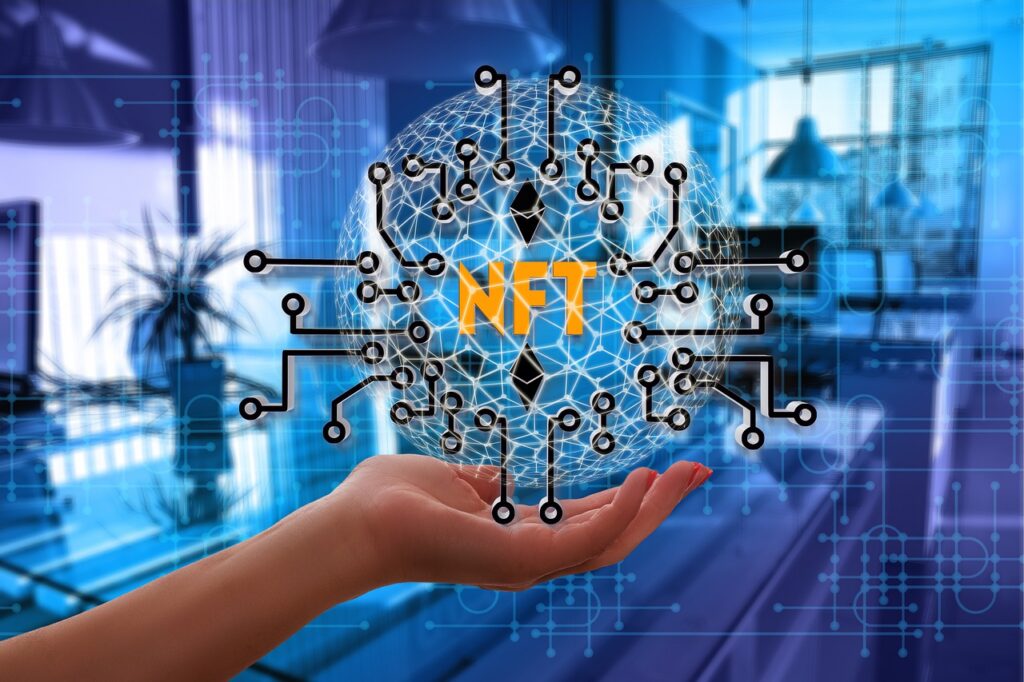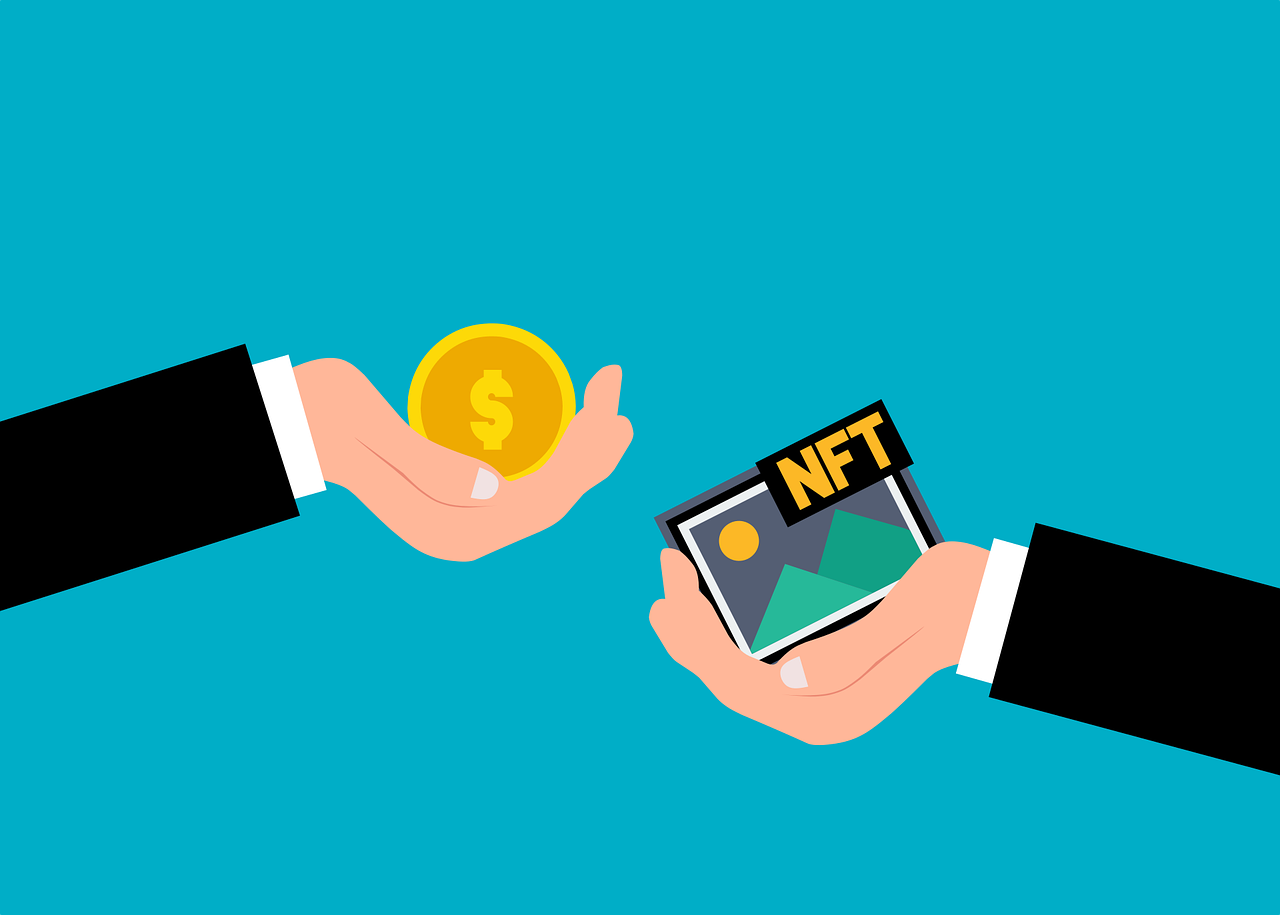NFTs vastly improve the supply chain in many ways, but one clear advantage is how they can speed up manufacturing and delivery time because of lower transaction costs. Websites like offer trading features like artificial intelligence, trading bots, market analysis, live customer, and much more for bitcoin traders. By assigning each item with a unique ID – usually through.
QR codes – they streamline inventories and make it easy to keep track of who owns what and when it needs to be transported. know more in detail to have an overall NFT profit by clicking at this page is also helps businesses that rely on certificates of authenticity. Artists, collectors, and others in the cultural industry find that with NFTs, they can stamp physical items with digital proof of ownership and increase their value by creating scarcity.
They are digitizing something that was previously very difficult and expensive to track: Individualized pieces of art, collectables, vintage items, and even trading cards have historically been complicated to track. That’s why many companies creating these items rely on NFTs for asset management.
Adoption of NFTs
The adoption of Non-Fungible Tokens is on the rise, and there is much to gain. Blockchain technology can help modernize businesses and scale their operations by speeding up transactions and providing secure yet cost-effective means for tracking inventory. Companies tracking every item in their supply chain allows for better inventory management, saving time and increasing profitability.
The supply chain is one of the fastest-growing areas in the economy and is of value to consumers, so it makes sense that all businesses embrace this technology. There are many ways that NFTs can facilitate inventory management as supply chains continue to grow, expand and innovate.
For example, many companies use open-source techniques to transfer tokens from one server to another over a network because it’s cheaper than traditional methods. By having a central account where all the data is stored and accessible, businesses can track orders, end-of-line status, and inventory availability. As well as minimizing labour costs by eliminating paperwork they can also pinpoint areas of the supply
The chain needs improvement and ensures that the relevant departments work efficiently together. One of the most significant advantages of this technology is how it eliminates intermediaries—and their fees—by eliminating the need for physical documents or certificates. It’s also easier for companies to sell multiple items to customers for a single price, increasing profits. And because it’s so efficient, there are even fewer paper trails than traditional systems.
Tokenizing Items in Inventory With NFTs
Whatever your business, there are ways to incorporate NFTs into your operations, no matter what supply chain or management level you oversee. They can help you take ownership of physical and digital items. And if the high-value or essential items need tracking, then NFTs provide a way to do that quickly and effectively. Even if you’re not involved in a global-sized business.
This technology can help streamline your processes and make your operation run more efficiently. For example, a startup created a digital currency for their business and applied this method to almost every department in their operation. As a result, they were one of the first major companies to start addressing.

How blockchain technology could improve supply chains by tokenizing items and eliminating unnecessary intermediaries. Removing an intermediary would be advisable, as the blockchain functions as a digital ledger or secure document to ensure that all transactions are accurate, permanent, and audited. The information stored on the blockchain cannot be.
Changed and is already encrypted, so it’s impossible to forge or tamper with, even if you don’t know how it works or what it does. Because NFTs are a logical extension of where supply chains are headed, businesses are seeing an increased need for management tools that allow for more robust management and tracking capabilities.
Zero Malfunctioning in The Agreement System With NFTs
In manufacturing, a malfunctioning system or a bad airtight agreement delays production and creates financial losses. People with NFTs can avoid this through smart contracts and blockchain technology. If any malfunctions occur in equipment or machinery involved in the manufacturing process, all parties get alerted.
With blockchain and NFTs, you can use smart contracts to provide shared accountability, where information is automatically distributed to all parties downstream when needed. Supply chains are built upon trust, but with NFTs, there is greater security and transparency.
As a result, it’s beneficial for industries that rely on strict supply chains, like the automotive industry. In addition, this technology can help companies achieve more secure business operations by making managing inventory efficient and providing advanced reporting capabilities.
Blockchain can improve supply chain transparency by providing better visibility into records so that if there are discrepancies in what’s being tracked against invoices or purchase orders, there will be no need to contact suppliers to confirm data or request additional information. Contractors who deal with large companies know that managing compliance and regulatory requirements is the bane of their existence.
Check this out: Best Marketplaces for NFT | How to Choose Best Marketplace for NFTs
